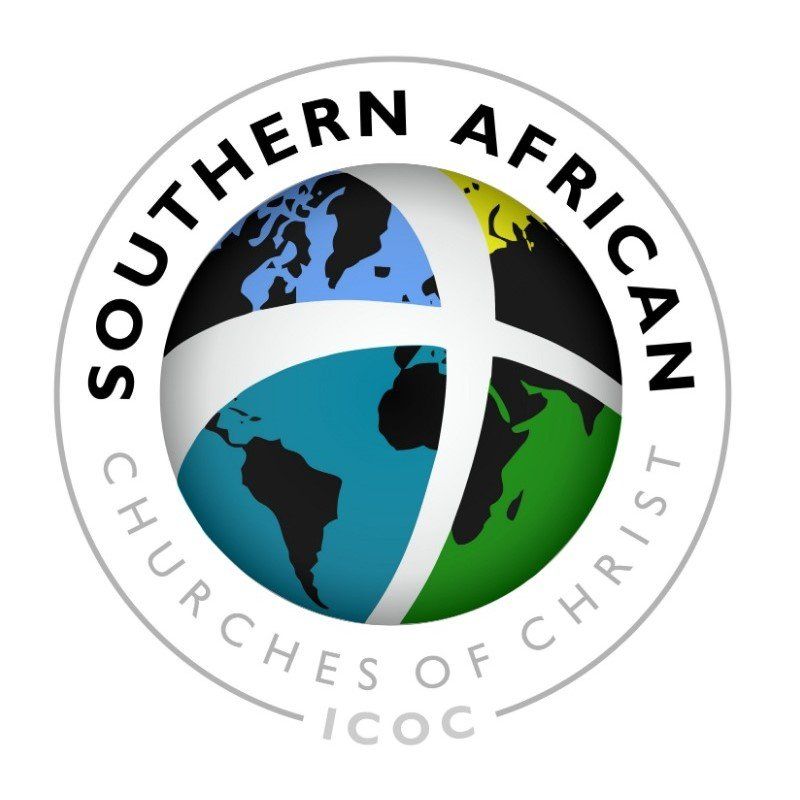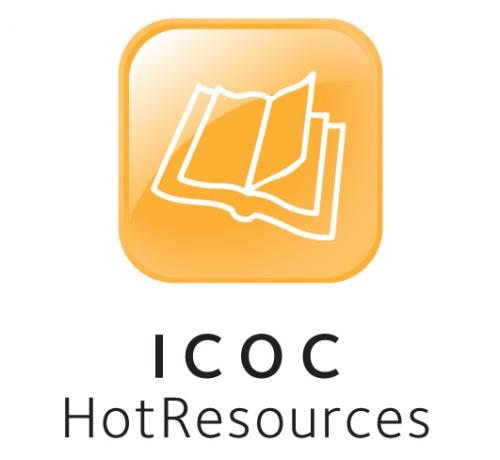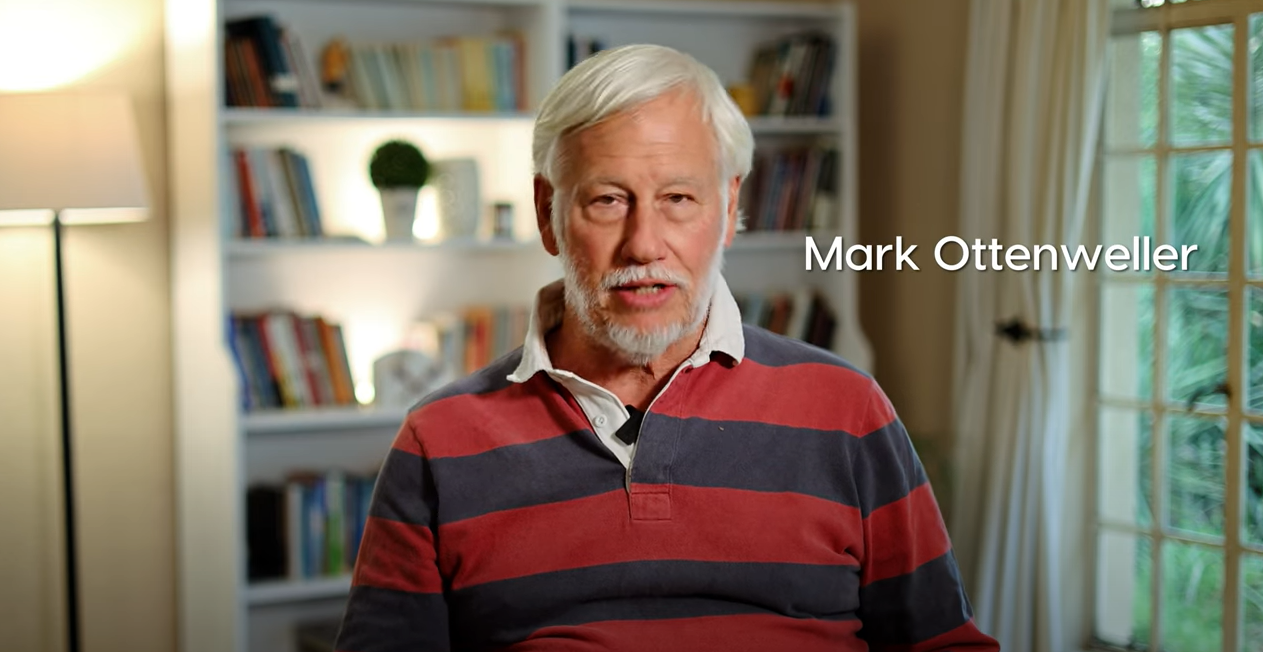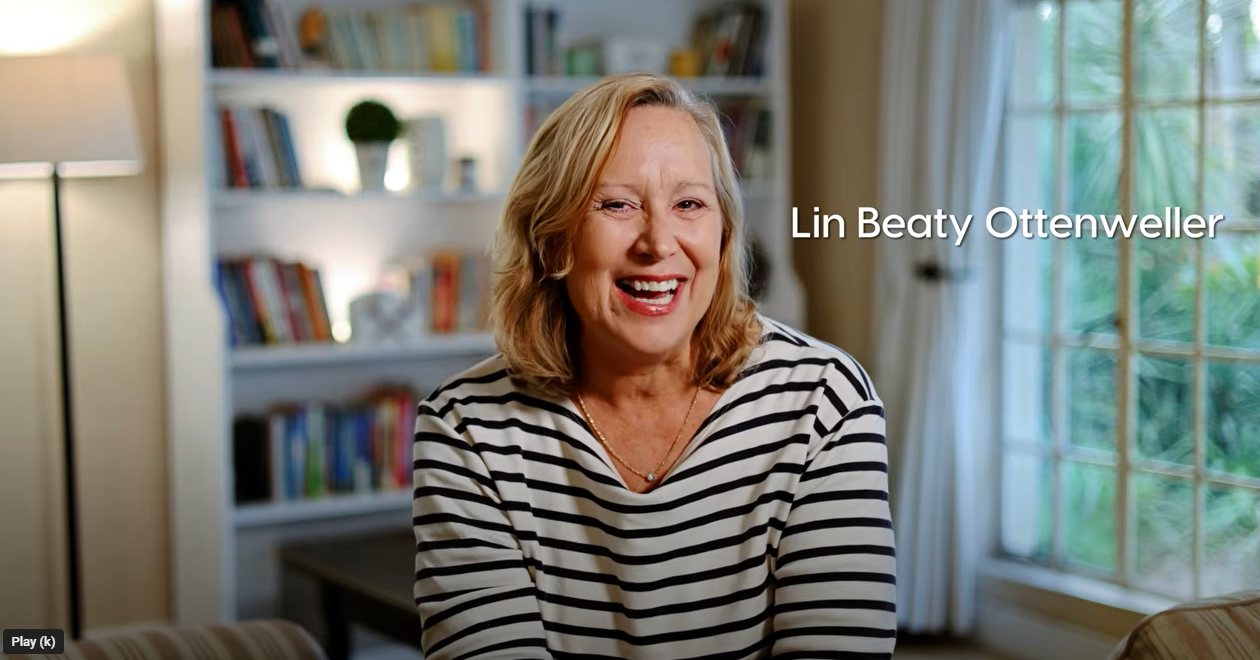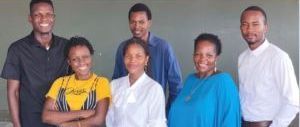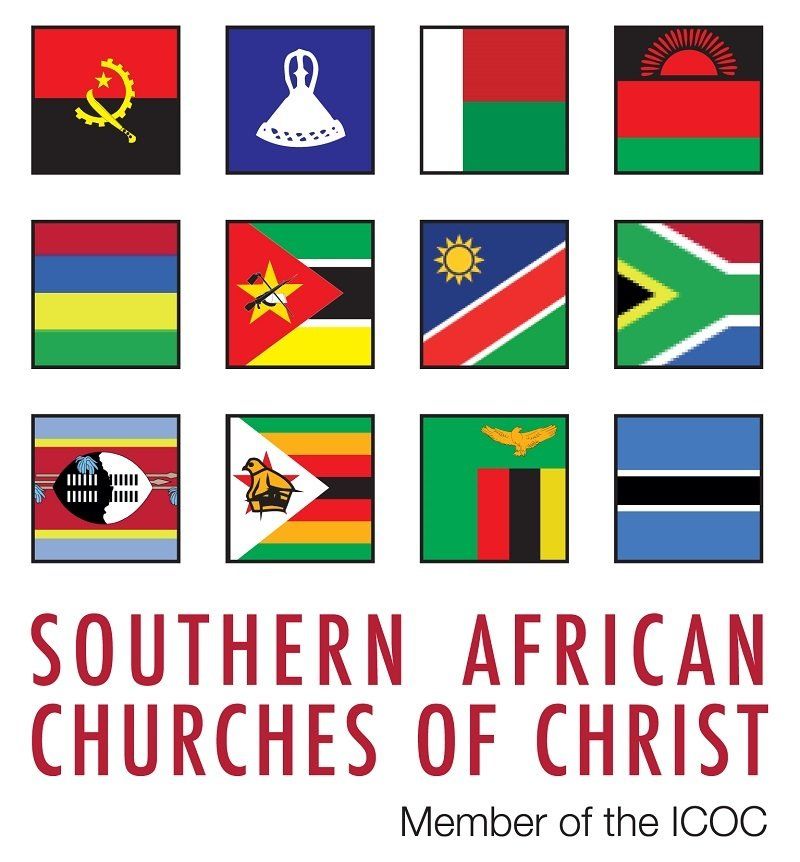Dr. Deanne De Vries's 30-year African Safari
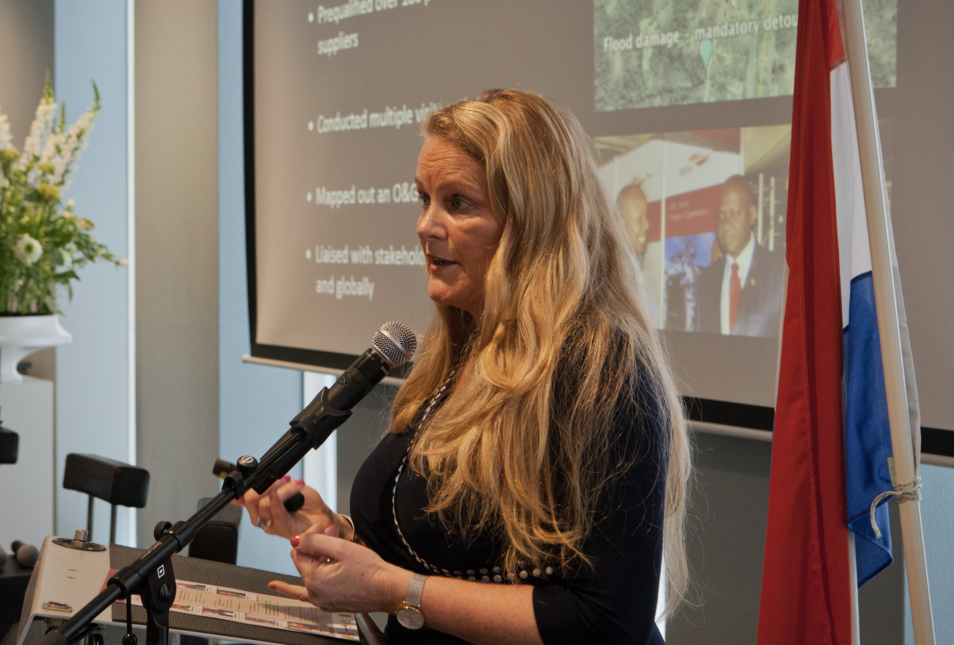
Dr. Deanne De Vries quit her job on Wall Street and fit everything she owned into two suitcases as she joined a mission team to Nairobi, Kenya (East Africa). She speaks seven languages and put them to great use as she spent the next 30 years working on the continent of Africa and connected with church members in over 20 countries. She recently published a bestselling book, Africa Open for Business, in which she shares why now is the time to invest in the continent. Read her inspirational story below:
“I was blessed to grow up in a household where my parents taught us about God from an early age. We prayed before and after meals, read the Bible every night after dinner, were very active in our local church and my parents both worked so they could send us to Christian schools.
When my job transferred me to New York City, I went “church shopping” and looked for a church as the Dutch church I grew up in was not in New York City. But I wasn’t having much luck. Then a woman I hired to do some artwork for my company invited me to a Stevie Wonder concert, where I met some of her friends. When I discovered they all went to the same church, I started asking all kinds of questions and they invited me to join them on Sunday at the Beacon Theater. The rest, as they say, is history.
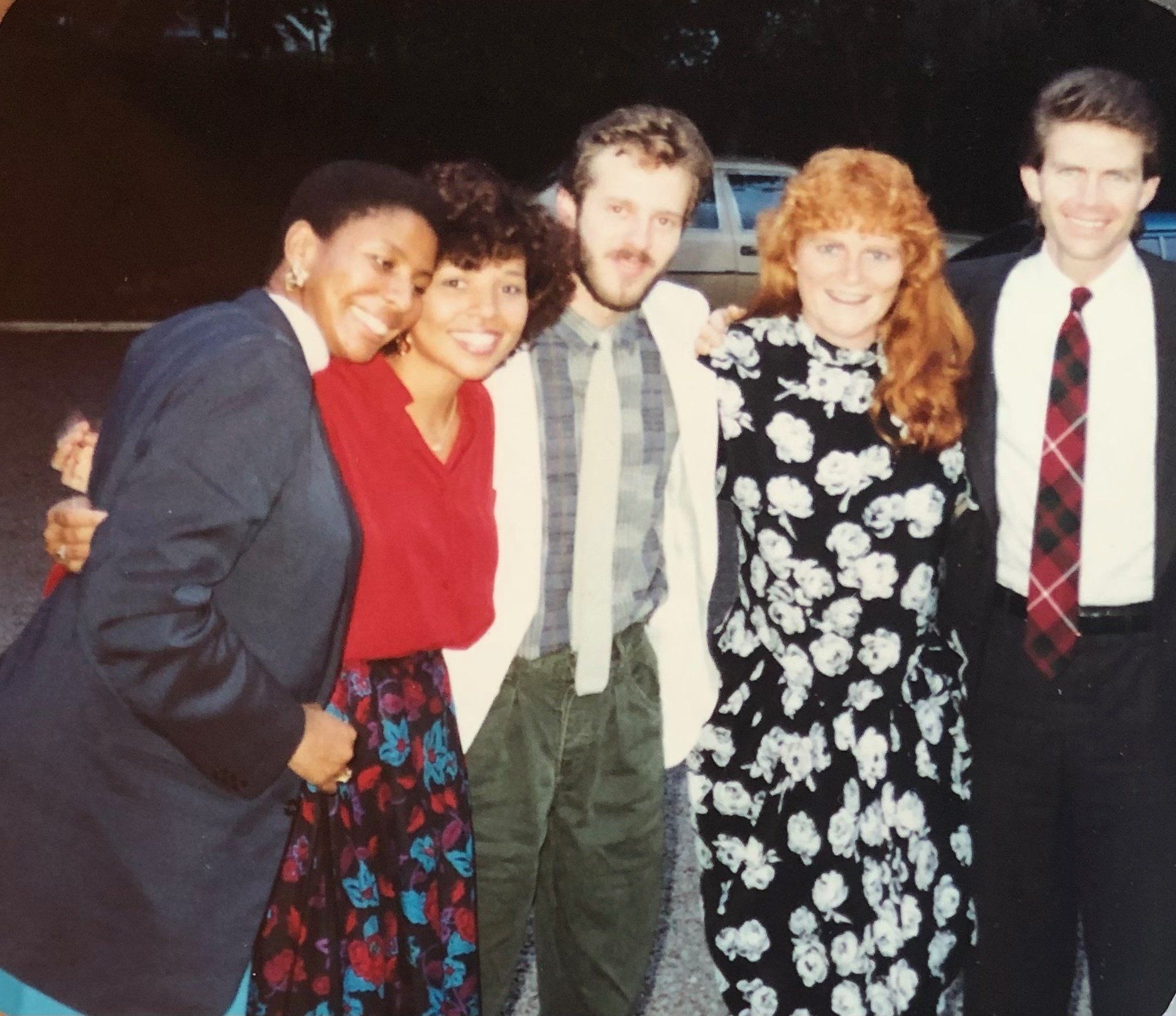
Moving to Africa
When I was six years old, a missionary came to visit my church and all I remember was him sharing that many African children don’t have the opportunity to go to school and learn to read and write. That night I told my parents, “When I grow up, I’m going to Africa to teach children how to read and write so I can teach them about God.” Eighteen years later that is exactly what happened. Looking back, I see how God had been preparing me from a young age.
I grew up bilingual, learned three more languages in high school and was going to study languages at the university. My dad, the practical immigrant, was like “no, you will study business”. So, I did both—majored in International Business and minored in French and German. My first job in the Netherlands transferred me to New York City, Wall Street, as Head of Corporate Communications for one of the Netherland’s largest companies. This is where I met up with the church.
As a young disciple, I was asked if I’d like to go on the mission team to Nairobi, Kenya. I said, 'Absolutely!' I quit my job on Wall Street, sold or gave away everything I owned and my life fit in two suitcases. I got on a plane and simply had faith that God would provide for whatever was next.
One day in Nairobi, I accompanied a brother who had an interview at the UN. While there, I asked if I could meet the head of Public Relations. Half an hour later, I walked out of his office with a job! I was the first person on the Nairobi mission team to get a job. How? God, of course.
God used the wisdom of my earthly father to prepare me for service with my heavenly Father. The UN’s Head of Public Relations was looking for someone with the exact business background and language skills that I had to be responsible for their three quarterly publications in six languages for both internal and external audiences.
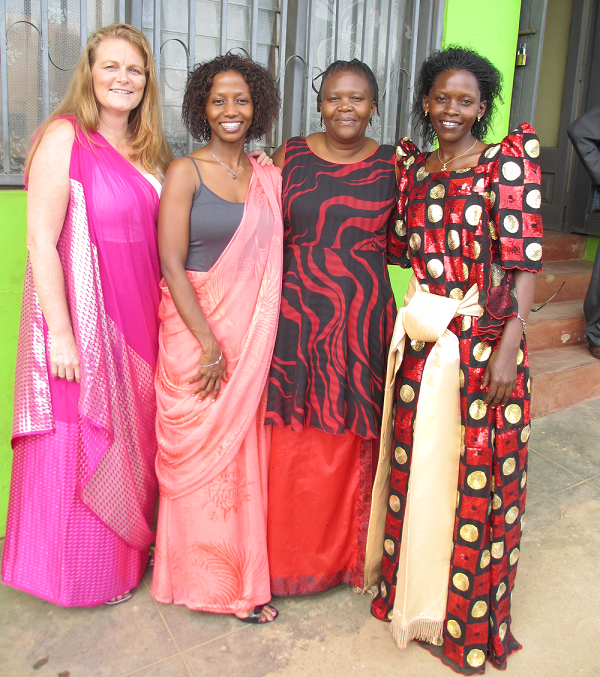
My “extended family”
I’ve lived in Kenya, South Africa, Uganda and Mozambique and gone on mission trips to Ethiopia and Tanzania. Through my career, I have visited around 20 countries across Africa and could connect with disciples in all these countries (except Equatorial Guinea, where we don’t have a church yet).
What I most love is that everywhere I go, I have family. And the warm welcome my “family” extends to me.
On a side note, having “family” everywhere was definitely the source of some jealousy at work–*smile*. My colleagues couldn’t understand how I could arrive in Abidjan, Juba, Luanda or Maseru for the first time and already have friends to hang out with every night!
Knowing the local languages definitely helps. And I believe learning languages is a talent God has graciously given to me. I can do business (or Bible studies) in Dutch, English, French, German, Portuguese or Swahili. I learned Dutch and English at home; French, German and Spanish at school; and Swahili and Portuguese after I moved to Kenya and Mozambique, respectively.
I’ve also learned a bit of many tribal languages from Wolof in Senegal, Changana in Mozambique to Kikuyu, Luhya and Luo in Kenya, and some Arabic as well from living in the Middle East for eight years.
One of the biggest lessons I’ve learned is that speaking the language does not mean I know the culture! This is vital when studying the Bible.
Some of my best memories
I will forever treasure the meals, the laughter, the singing… most of all the people I have met on my journey. There are so many fond memories, such as:
*The first banquet we organized in Nairobi for the homeless where we met Shem, who soon became our brother and how we’d all meet at his little place on Friday nights for coffee.
*Attending the 25th anniversary of the Nairobi church and standing in awe of what God had built.
*In South Africa, I enjoyed the scavenger hunt dates we’d organize. And one Valentine’s, a group of us organized a three-night cabaret as a fundraiser for HOPE, called Love Notes.
*One Christmas Day in Uganda a group of us piled into my car to go surprise a newly planted church a two-hour drive away for their Christmas service.
*Hosting Christmas cookie decorating parties and Christmas dinners at my home in Kampala.
*Showing up at the international leadership conference in Singapore with 18 disciples from Uganda—over half of whom had never been outside Uganda before.
*Hosting the first teen dance and later the first teen camp in Maputo and watching the New Year’s Eve fireworks from my balcony with a fabulous group of sisters.
*One of my most memorable business trips was when I received an invitation to Lesotho, a small country in southern Africa, for meetings with senior government officials and to have dinner with the king. Dinner was at 7pm, but midweek was at 6pm. So, I asked the Ambassador coordinating the trip if we could postpone dinner for one hour… and he agreed! At dinner, when the king asked if we’d been able to enjoy his country and meet any interesting people, I shared about how I met with my friends at my church, one of whom was a member of Parliament.
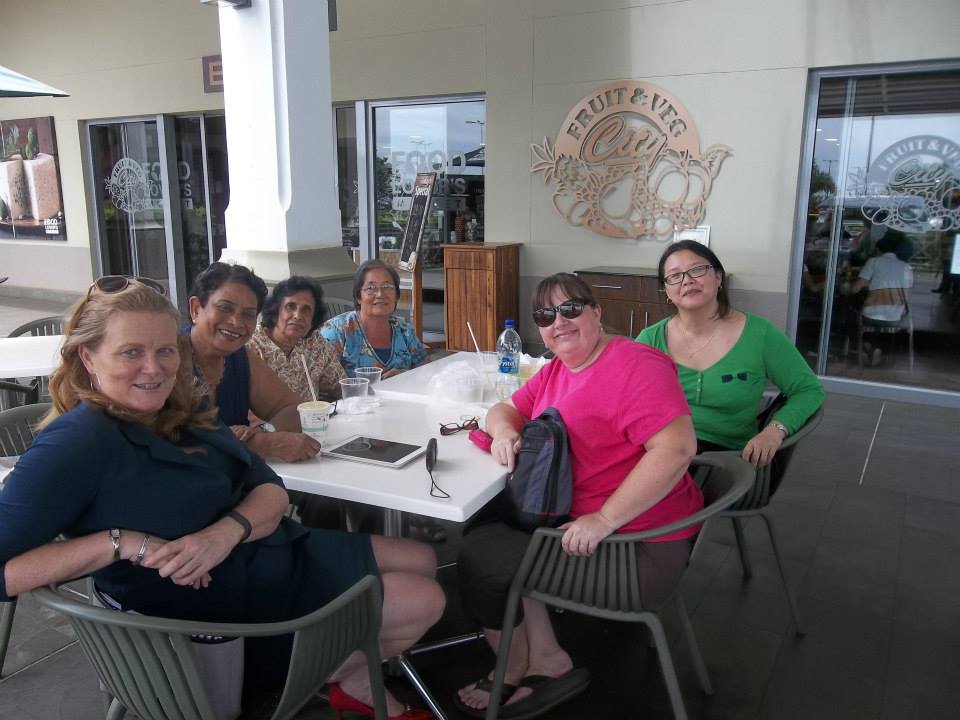
Africa: Open for business
So what does one do with 30 years’ of experiences across the fabulous continent of Africa? You write about it so others can get to know what I like to call AfriCAN—the can-do continent. My first book, Africa Open for Business, put in writing what I’ve been helping companies do for the past decades across Africa. That is to understand first if they have the Appetite to do business in Africa, if so then build the Bandwidth (time, people, resources) to prepare their entry or expansion strategy, and identify the Capital they’ll require… social, cultural and economic capital.
This book is to introduce people to the vibrancy, diversity and opportunities in what I like to call AfriCAN — the can-do continent.
Now, I’m writing a second book about political leadership in Africa based on my interviews with multiple African heads of state for my PhD dissertation. During my PhD, I was surprised to learn that almost no one has interviewed or given heads of state the opportunity to describe in their own words what political leadership is. They just watched them from afar and declared them all “bad” or “corrupt”. Not very scientific. Nor very fair to the heads of state. So, I sent out 59 requests for interviews and received 16 favorable responses. I conducted six interviews before Covid-19 hit and brought the world and my research to a halt.
Those who I could interview welcomed me warmly, shared honest, frank and sometimes amusing insights into their time as head of state.
My goal with this book is to provide an opportunity for a renewed conversation and debate on political leadership in Africa. Not all heads of state were or are “bad”, “corrupt”. Some political leaders have or are leaving their countries in a better state than when they took office. It’s my personal hope this will spur particularly the younger generation to get involved with politics and political leadership.
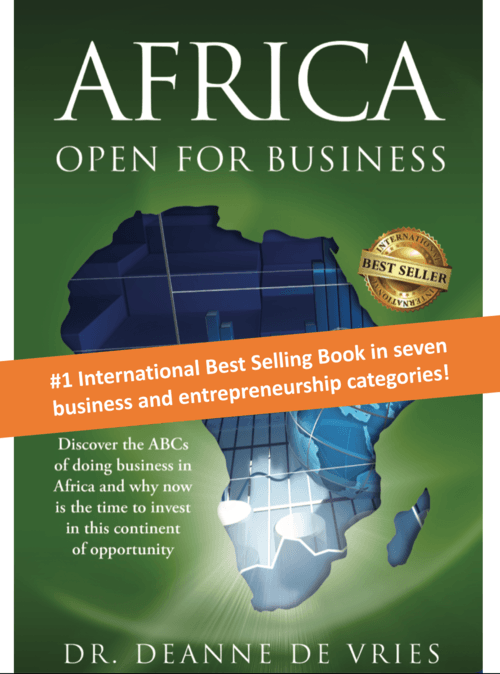
African proverbs
I love using proverbs from around Africa when I teach and write. African languages are rich in proverbs passed along from generation to generation. Within these proverbs, we find a wealth of wisdom, insight, wit, values, and life lessons. Their meaning is universal; everyone can relate to them on some level. In just one sentence, we find wisdom and poetry, making them easy to remember.
Proverbs also give us insight into African culture and represent the importance of oral traditions, wisdom and stories passed down from the elders to younger generations.
The award-winning Nigerian author Chinua Achebe wrote that “proverbs are the palm oil with which words are eaten”.
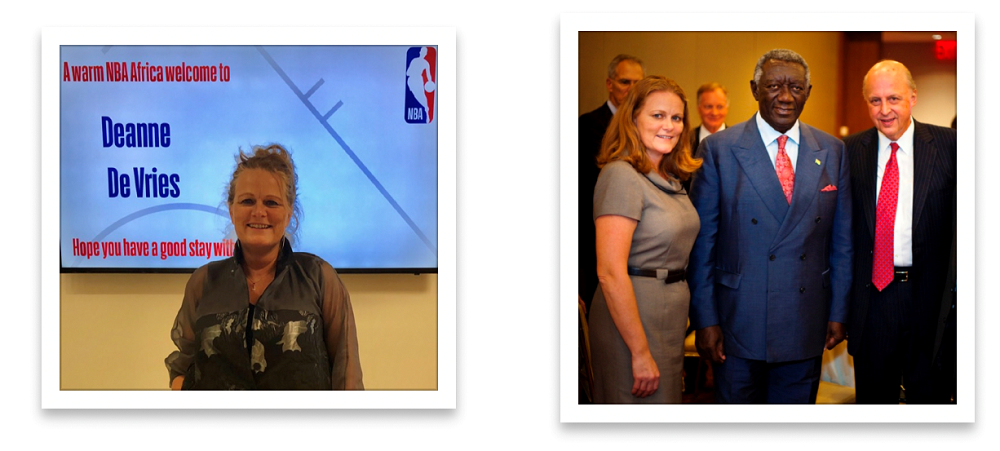
Encouragement for visitors to Africa
For everyone… Before you go, start reading different African-based news sites or listening to podcasts from Africa. And learn your geography! Africa is not a country… there are 55 countries (though some say 54… go figure out why (*smile*).
As you board the plane, leave all your preconceived notions and assumptions at home. Go with an open mind, curious, eager to understand not just what your eyes see, but the history or reasons behind it.
When you get on the ground, don’t just take pictures of the slums, take pictures of the skyscrapers, modern glass office buildings or amazing restaurants. Engage with the people, try the local food. And please experience more than the road from the airport to the hotel or to the office/church.
Spiritually, the West has so much to learn about faith and reliance on God from disciples across Africa. In many countries, Christian books and even Bibles in local languages are not available or expensive. Thankfully, Bible apps are providing easier access to the Bible.
Disciples also rarely have (or cannot afford) Wi-Fi at home. Their only way to access information (if they can afford a smart phone) is via downloads… and you can imagine how many MBs or GBs one YouTube video or Zoom church service costs.
They simply built their walk with God on their prayers and reading the Bible. No Internet research, no bookcases of Christian books, no fancy note books and colored highlighters… just them and God.”
Find Deanne’s book here, and her work: Website: https://www.drdeannedevries.com
